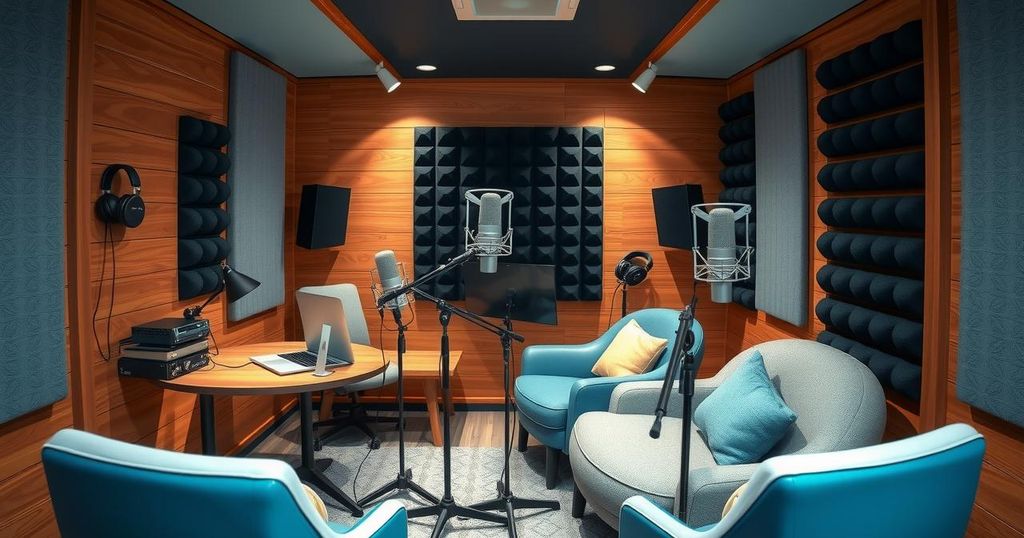RFI and France 24 Banned in Togo

- RFI and France 24 face a media ban in Togo amid protests.
- The ePOP video competition seeks to share environmental stories.
- Listeners can enjoy engaging segments, quizzes, and music requests.
- RFI provides language learning resources, including podcasts.
- Community involvement is encouraged through submissions and correspondence.
Media Ban in Togo and ePOP Insights
RFI and France 24 have been banned in Togo, a situation that many are talking about, and that will be unpacked this week on The Sound Kitchen. During the podcast airing every Saturday, listeners will get to hear an in-depth exploration of this media ban and its implications. Not only that, but listeners should expect to find out about the ongoing ePOP video competition, which aims to give a voice to environmental issues affecting ordinary lives. This competition, organized by the RFI department “Planète Radio”, runs until September 12, 2025, encouraging participants to share their personal experiences and testimonies through video. In the segment, there will also be “The Listener’s Corner” featuring your letters and a special guest discussing their take on this competition. ePOP videos should focus on delivering the raw, unedited stories of individuals impacted by climate change. Captured in a horizontal format without any added music or text, this initiative seeks to authentically highlight the voices that need to be heard. With an enthusiastic anticipation from the organizers, they hope to see a surge in entries from English speakers eager to share their impactful narratives.
Quiz and Listener Engagement
Each episode of The Sound Kitchen is packed with exciting segments including announcements of quiz winners, audience participation, and music requests. This week’s quiz delves into why Togo suspended RFI and France 24 just days after protests erupted in Lomé, the capital. As tensions rise over accusations of biased reporting, listeners are reminded to engage by answering key questions regarding Togo’s political landscape and its president, Faure Gnassingbé. The president has been in power since 2005, following in the footsteps of his father, a long-standing ruler whose legacy continues to loom large in Togolese politics. Moreover, participants are invited to submit their music requests to enrich the show’s atmosphere, making the listening experience even more interactive. Listeners, please remember to include a note on why a piece of music resonates with you—it adds a personal touch that captures the essence of our community. And don’t forget, our podcast is available on multiple platforms so that everyone can enjoy these rich, informative broadcasts every week.
Learning Opportunities with RFI
RFI’s educational initiative “Le Français facile avec RFI” offers a great opportunity for those looking to learn French. With features like slow-paced news broadcasts and engaging bilingual dramas, the website is tailored to suit various proficiency levels and guide learners effectively. As Lidwien van Dixhoorn, the head of the initiative, emphasizes the importance of immersion in the language, she recounts her own journey from a beginner to leading the program. Besides enhancing your language skills, RFI has a trove of podcasts that provide deep dives into current affairs and cultural insights, further enriching your listening pleasure. Additionally, as we continue to share updates and news, it is crucial for club members and educators to remain connected with RFI to take advantage of our resources and community activities. Whether it’s through receiving stamps for students or contributing to RFI English Clubs, there are numerous ways to engage with this vibrant community.
This week on The Sound Kitchen, the focus was on the media ban affecting RFI and France 24 in Togo alongside ongoing opportunities like the ePOP video competition. Engagement through quizzing listeners and music requests has kept community spirit strong. RFI promises to further serve its audiences via educational resources and entertaining podcasts, emphasizing the importance of voices being heard.






